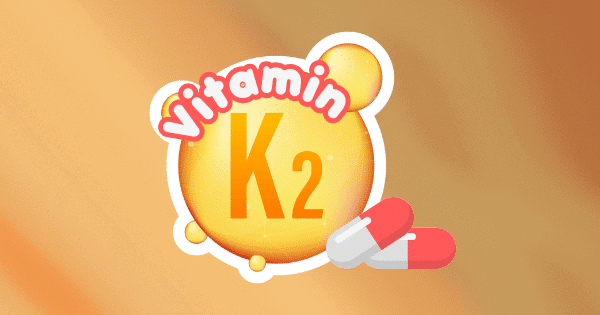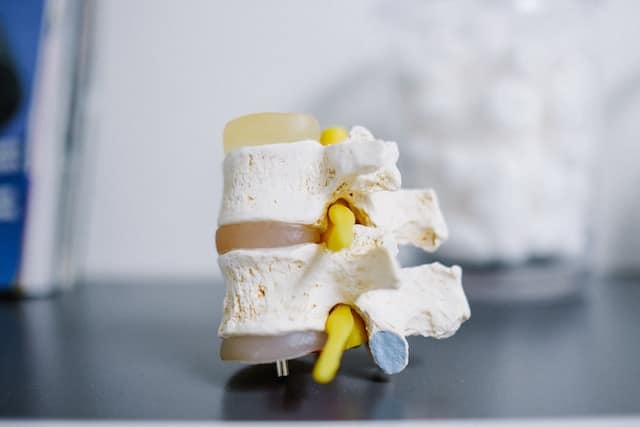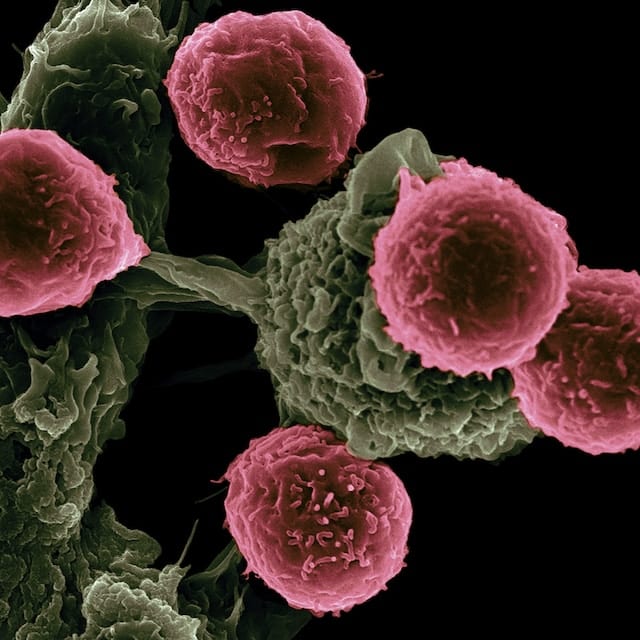Vitamin K2, though unfamiliar to most, is a rare component in the Western diet and has remained largely unnoticed in mainstream discussions. Nevertheless, this potent nutrient assumes a crucial role in numerous health facets and could serve as a vital connection between dietary choices and various life-threatening illnesses.
What is Vitamin K2?

Vitamin K, essential for blood coagulation, was first discovered in 1929 and initially named Koagulationsvitamin in a German scientific journal, explaining the “K.”
Dentist Weston Price, renowned for his global dietary research, identified a protective nutrient in non-industrial diets against tooth decay and chronic diseases, calling it Activator X, now known as Vitamin K2.
Vitamin K exists in two primary forms: K1 (found in leafy greens) and K2 (found in animal and fermented foods). Vitamin K2 includes subtypes like MK-4 and MK-7, with notable importance.
Vitamin K goes beyond being a mere building block for bones and teeth; it plays a vital role in various biological processes. Its primary function involves modifying proteins to enable calcium binding, essentially activating their calcium-binding properties.
Notably, Vitamin K1 and K2 exhibit distinct roles, leading some to argue for their classification as distinct nutrients. Vitamin K1 primarily aids the liver in activating calcium-binding proteins related to blood clotting, while Vitamin K2 directs calcium distribution throughout the body.
It shows the potential to reduce the risk of heart disease.

Calcium buildup in the heart’s arteries poses a significant risk for heart disease. It is believed to be pivotal in preventing this calcium accumulation, potentially serving as a preventive measure against heart disease.
In the Rotterdam study, those with the highest Vitamin K2 intake were 52% less likely to develop artery calcification and had a 57% lower risk of heart disease-related mortality over 7-10 years. Another study involving 16,057 women revealed that those with the greatest vitamin K2 consumption had substantially reduced heart disease risk. Each additional 10 micrograms of K2 per day correlated with a 9% lower heart disease risk.

It’s important to note that vitamin K1 did not exhibit such effects in these observational studies. However, it’s essential to recognize that these studies are observational and unable to establish causation. Regrettably, the limited controlled trials conducted used the K1 form, which appeared ineffective.
Long-term controlled trials on Vitamin K2 and heart disease are urgently needed, given the compelling biological mechanism and strong correlations observed in observational studies.
The significance of this research cannot be overstated—cardiovascular disease stands as the world’s leading cause of death, claiming 14 million lives in 2012 alone.
Improved bone health and lowered osteoporosis risk

Osteoporosis, characterized by porous bones, is a prevalent concern in Western nations, particularly among elderly women, elevating the risk of fractures. Vitamin K2 plays a pivotal role in calcium metabolism, the primary mineral in bones.
It activates two essential proteins, Matrix gla protein, and osteocalcin, crucial for bone formation and maintenance. Notably, numerous controlled trials support K2’s substantial benefits for bone health.
A 3-year study with 244 postmenopausal women revealed that vitamin K2 supplementation slowed age-related bone mineral density decline significantly. Extensive research on Japanese women, although involving high doses, consistently demonstrated similar advantages. Out of 13 trials, only one failed to display substantial improvement.
In these trials, seven also investigated fractures, reporting remarkable reductions in spinal fractures by 60%, hip fractures by 77%, and all non-spinal fractures by 81% with vitamin K2. Aligning with these findings, Japanese authorities recommend vitamin K supplementation for osteoporosis prevention and treatment. Nevertheless, some researchers remain skeptical.
Two comprehensive reviews concluded that current evidence doesn’t suffice to endorse vitamin K supplementation for this purpose.
Vitamin K2’s potential impact on dental health

There is growing interest in the potential impact of Vitamin K2 on dental health, although direct human studies are lacking. Animal research and its known role in bone metabolism suggest a potential link to dental health.
A pivotal player in dental well-being is osteocalcin, the same protein vital for bone health, activated by Vitamin K2. Osteocalcin initiates a process promoting new dentin growth, the calcified tissue beneath the tooth enamel. Additionally, Vitamins A and D are thought to collaborate with Vitamin K2 in this dental health mechanism.
It may help fight cancer

Cancer remains a prevalent cause of mortality in Western countries, despite the advances in modern medicine. The imperative now lies in discovering effective prevention strategies to combat the escalating rates of new cancer cases.
Notably, research has delved into the relationship between Vitamin K2 and specific cancer types. Two clinical trials have indicated that Vitamin K2 can decrease the recurrence of liver cancer and enhance survival rates. Furthermore, an observational study encompassing 11,000 men revealed a remarkable 63% reduction in the risk of advanced prostate cancer associated with a high Vitamin K2 intake, with no discernible impact from Vitamin K1.
Foods rich in Vitamin K2

Human bodies can partially convert vitamin K1 to K2, a valuable adaptation given that K1 is much more abundant in the typical diet than K2. However, this conversion process is notably inefficient, as direct intake of vitamin K2 offers greater benefits.
Additionally, it is synthesized by gut bacteria in the large intestine, but broad-spectrum antibiotics may lead to K2 deficiency.
Regrettably, its intake is exceptionally low in modern diets, primarily found in specific animal and fermented foods, which are often under-consumed. Rich animal sources encompass high-fat dairy from grass-fed cows, organ meats, and egg yolks.
It’s crucial to note that vitamin K is fat-soluble, meaning it’s found in low quantities in lean animal products. Animal foods contain the MK-4 subtype, while fermented foods like sauerkraut, natto, and miso feature the longer subtypes MK-5 to MK-14.
